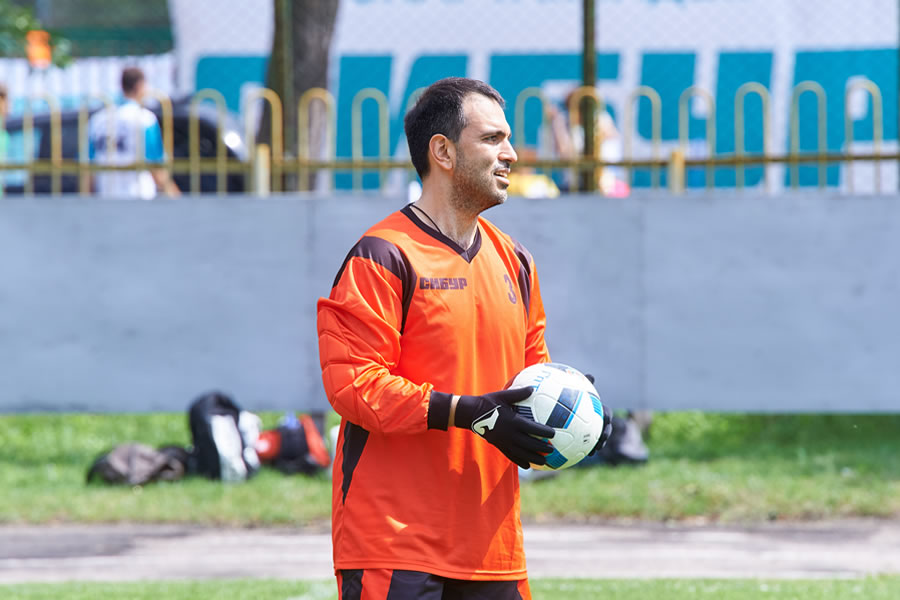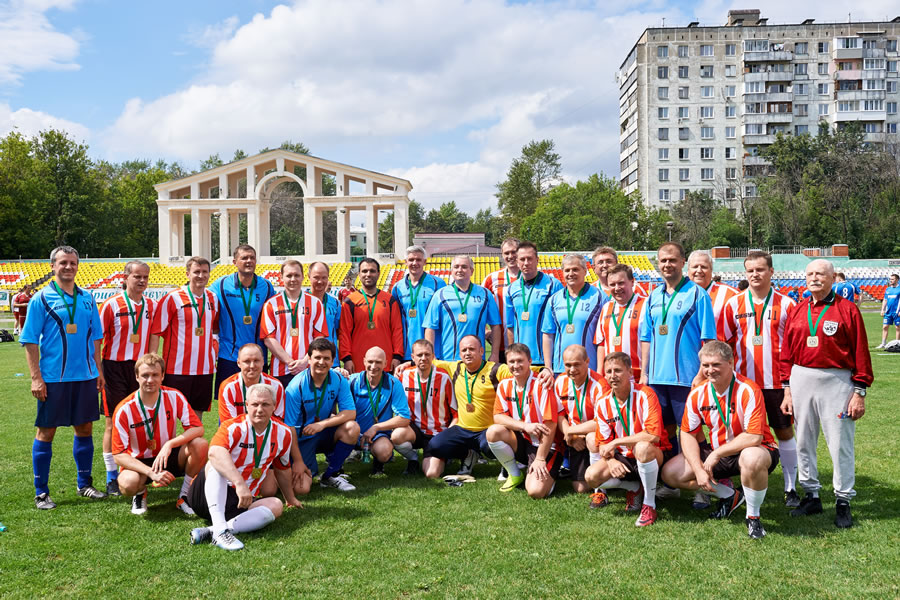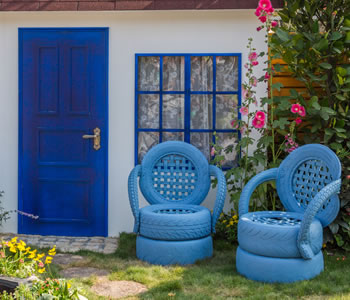TO THE READER
Dmitry Konov, Chairman of the Management Board at SIBUR Holding, takes a focus on SIBUR’s past, present and future, its key business milestones and new opportunities for Clients.
SIBUR: from 1995 to the latest developments
In this 10th anniversary issue of our magazine, we looked back at SIBUR’s key milestones and talked to clients that have been directly involved.
Journey towards digital business
Dmitry Konov, Chairman of the Management Board at SIBUR Holding, spoke at the Open Innovations Forum.
Green light to sustainability
How to minimise the environmental footprint with air pollution control equipment.
Client Editorial Board
SIBUR for Clients welcomes its readers to the Client Editorial Board.
Development trends
SIBUR’s fourth customer conference on SBS polymers took place in Nizhny Novgorod.
A focus towards creativity
BIAXPLEN’s round table talk has attracted over 100 participants.
Hailing innovation
In October, Vienna became the venue for EPCA 52nd Annual Meeting gathering chemical majors.
Shape tomorrow
For the first time, SIBUR has taken part in SHAPE TOMORROW, the European Innovation Summit in Frankfurt, Germany.
FAKUMA 2018
SIBUR presented the full range of polyolefins to be produced by ZapSibNeftekhim at international trade fair for plastics processing.
Paints and varnishes – in search of solutions
Paints and varnishes market players gathered at the annual conference in Sochi to discuss this year's performance and future prospects.
Road 2018
Representatives of the government, industry associations and the business community gathered at the Road 2018 exhibition to discuss the challenges of the road construction industry.
Polystyrene: gaining traction
SIBUR experts are optimistic about prospects of the Russian polystyrene market.
Forbes 200
SIBUR came in 13th in Forbes' ranking of Russia’s Top 200 private companies.
Film Festival Grand Prix
A film by SIBUR won the US International Film & Video Festival award.
Eco-friendly solution
SIBUR set to sort consumer plastic and paper waste at its Tomsk site.
The golden age
Roger Green, Vice President for Chemical Consulting at IHS Markit: "The petrochemical industry is in golden age now".
Chinese market: growth potential
Today, China is one of the most attractive markets for Russia.
2018/2019 winter trends
Seasonal overview of the winter tyre and automotive chemicals market
BOPP films – flexible strategy
Domestic players at the BOPP film market are committed to ensuring full imports substitution.
What threatens the growing ethylene market?
The ethylene market growth is driven by consumer demand for everyday products.
SBS polymers: high potential
The additional capacity of SIBUR’s Voronezh site will enable the Company to roll out new products.
Clusters as pockets of growth
Participants of the Russian Energy Week have discussed challenges of industry clustering.
Dr Sergey Alekseenko:
“The world is rapidly transitioning to alternative sources of energy”.
Unwasted opportunity
Most exciting ways to collect and recycle waste.
Evolution of recycling
How waste affects economy.
Industry as a single interconnected organism
Roman Kizimov, CEO of TD Plastic, speaks about his company's key development areas and marketing techniques.
Rolling with the punches
SIBUR’s CEO Mikhail Karisalov on avoiding burnout and making sports part of daily life.
Key value
SIBUR conducts its 3rd Focus on Customer Contest: application period ended on 23 November, with winners to be announced by the end of the year.
Five rules of a true leader
Ann Cairns, vice chairman of Mastercard, offers an unorthodox view of leadership values.
TOP MANAGERS TAKING QUESTIONS
In the Q&As section, our top managers answer the most interesting and relevant questions from our clients sent to dearcustomer@sibur.ru.










